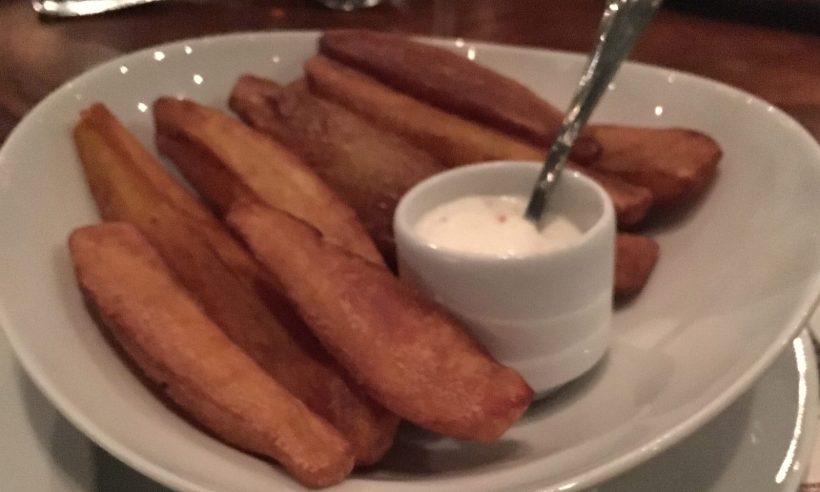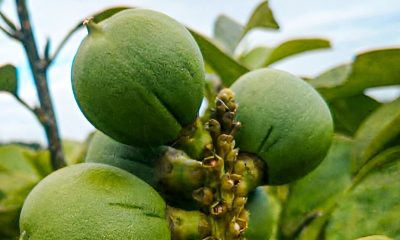WTO Panel Rules Against Colombia’s Calculation Method for European Frozen French Fry Duties
A World Trade Organization (WTO) dispute panel has ruled that Colombia’s anti-dumping duties on frozen fries imported from Belgium, Germany, and the Netherlands are inconsistent with international trade rules.
In a report (WT/DS591/RW) circulated on October 23, 2025, the panel found that Colombia’s Ministry of Trade, Industry and Tourism (MINCIT) used a flawed methodology to calculate dumping margins, breaching its obligations under the WTO’s Anti-Dumping Agreement. The panel has recommended that Colombia bring its measures into conformity with the agreement.
The ruling is the latest development in a long-running trade dispute initiated by the European Union (EU). This specific panel was a “compliance” proceeding, convened under Article 21.5 of the DSU, to determine if Colombia had successfully complied with a previous WTO ruling against its measures.
The EU successfully argued that MINCIT violated Article 2.4.2 of the Anti-Dumping Agreement by using an improper comparison method. When the ministry could not find an “exact match” for an exported product, it established a “normal value” (the product’s price in its home market) by first calculating the weighted average price for each article in a “product group,” and then taking a simple average of those intermediate averages. This simple average was then compared to the weighted average price of the export transactions.
The panel found this methodology inconsistent with the agreement’s required weighted average-to-weighted average (W-W) comparison. A normal value based on a simple average “is not a ‘weighted average normal value’ within the meaning of Article 2.4.2,” the report states.
The panel determined this method “does not account for volume differences, thereby overweighting transactions involving ‘articles’ sold in small volumes domestically and underweighting transactions involving ‘articles’ sold in large volumes domestically”. This distortion led the panel to also find Colombia in breach of Article 9.3, as the resulting anti-dumping duties were higher than the dumping margin that would have been established using a correct, volume-weighted methodology.
Colombia Wins on “Fair Comparison” Claim
However, the panel did not side with the EU on all claims. MINCIT characterized the ruling as a partial victory, as the panel rejected the EU’s separate claim that Colombia had violated the “fair comparison” requirement of Article 2.4.
This part of the dispute focused on three specific article-to-article comparisons made for the German exporter Agrarfrost GmbH & CO. KG. The EU alleged that MINCIT “arbitrarily selected” domestic products to compare with exported products, for example, by matching domestic article “503” with export article “10503” based only on the last three digits.
The panel rejected this, finding MINCIT’s establishment of the facts was “proper” and its evaluation “unbiased and objective”. The panel noted MINCIT did not just rely on the digits, but also on Agrarfrost’s own product catalog, which listed “Europe” and “Overseas” versions of the same product, supporting the “prefix” concept.
Crucially, MINCIT sent a letter to Agrarfrost directly asking if these specific article pairs were the same. Agrarfrost responded that they “are not the same” but confirmed they had common physical characteristics and provided the exact adjustments needed to account for differences in “packaging costs and marketing costs”. MINCIT then applied the very adjustments Agrarfrost had provided. The panel found this process was reasonable and did not constitute an unfair comparison.
Background and Current Duties
The original investigation began in August 2017, with anti-dumping duties imposed in 2018. The EU first requested WTO consultations in November 2019. After the initial dispute, Colombia conducted a compliance review which concluded in 2023 with Ministerial Resolution 286, which upheld the duties. It was this 2023 resolution that the EU successfully challenged in the current panel proceeding.
The current anti-dumping duties, which are now called into question by the panel’s findings on Article 2.4.2, are:
- Belgium: 2.42% for Mydibel S.A. (a subsidiary of Lamb Weston Holdings, Inc. (NYSE: LW))
- Netherlands: 5.87% for Aviko B.V.
- Netherlands: 44.52% for other exporters (excluding Farmfrites B.V.)
- Germany: 3.21% for Agrarfrost GMBH & CO. KG.
In a public statement, MINCIT focused on the “partial” victory, stating the panel “approved the way it… used… the codes of some of the frozen potatoes to make the fair comparison.” The ministry acknowledged the finding that it “did not apply the most adequate methodology” regarding weighted averages and stated it “will proceed to advance a review of the process… and, if necessary, advance the actions that may be required.”
The ministry’s statement reiterated that the measures were adopted “with the objective of safeguarding the national industry” from the “damage” caused by dumped imports.
Headline photo: Gourmet French Fries in Bogotá, Colombia (photo © Loren Moss)


























